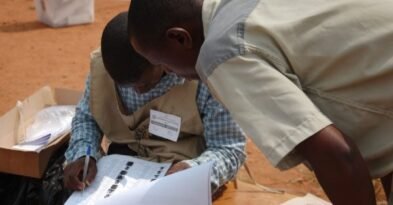Uganda government announced a significant increase in the national budget for the financial year 2025/2026, rising from UGX 57.4 trillion to UGX 71.9 trillion, a 25% surge. While this budget expansion may appear promising on paper, Ugandans have heard this story before: big numbers, bold promises, and little change on the ground.
The Bigger the Budget, the Louder the Silence
Each year, Uganda allocates trillions of shillings to sectors like health, education, infrastructure, and agriculture. Yet most ordinary citizens still live without access to basic medical care, clean water, or quality public education. Recently, Sam Omara, once a feared enforcer of state repression, died in Mulago hospital after a long, painful battle with cancer. If the country had good major health facilities, may be he would have been saved. Roads in many rural areas remain impassable. Government hospitals are short of drugs, and teachers continue to work in underfunded schools. So, where is the money going?
The Corruption Elephant in the Room
Corruption continues to eat away at Uganda’s development. Investigations have repeatedly uncovered ghost schools, inflated road construction contracts, and public officials enriching themselves at taxpayers’ expense. Budget increases without strong accountability measures only feed this problem.
Just last year, the #UgandaParliamentExhibition online campaign exposed alleged misuse of funds within Parliament itself—highlighting how deeply rooted corruption is in Uganda’s governance systems.
Promises Without Delivery
The new budget must be evaluated not just by its size, but by its impact. Bigger numbers mean nothing if citizens continue to suffer. We need clear answers:
-
Will more hospitals be built and fully equipped?
-
Will more children access quality public education?
-
Will rural roads be upgraded to support farmers and traders?
-
Will government procurement processes be transparent and publicly monitored?
What Needs to Change
Ugandans deserve a budget that delivers real results. To achieve this, the government must:
-
Ensure transparency in how funds are allocated and spent.
-
Strengthen anti-corruption mechanisms and punish public theft.
-
Involve citizens in monitoring budget implementation.
-
Publish quarterly reports on sector performance.
Conclusion: Budget of Hope or Budget of Business As Usual?
A UGX 71.9 trillion budget could be a lifeline for millions. But only if managed responsibly. Without transparency, service delivery, and citizen trust, it becomes just another inflated document in a filing cabinet.
COTFONE says; “Ugandans must demand more than numbers. We must demand results”.
END
;











